Home>Dining>Events & Etiquette>How To Respond To A Dinner Invitation
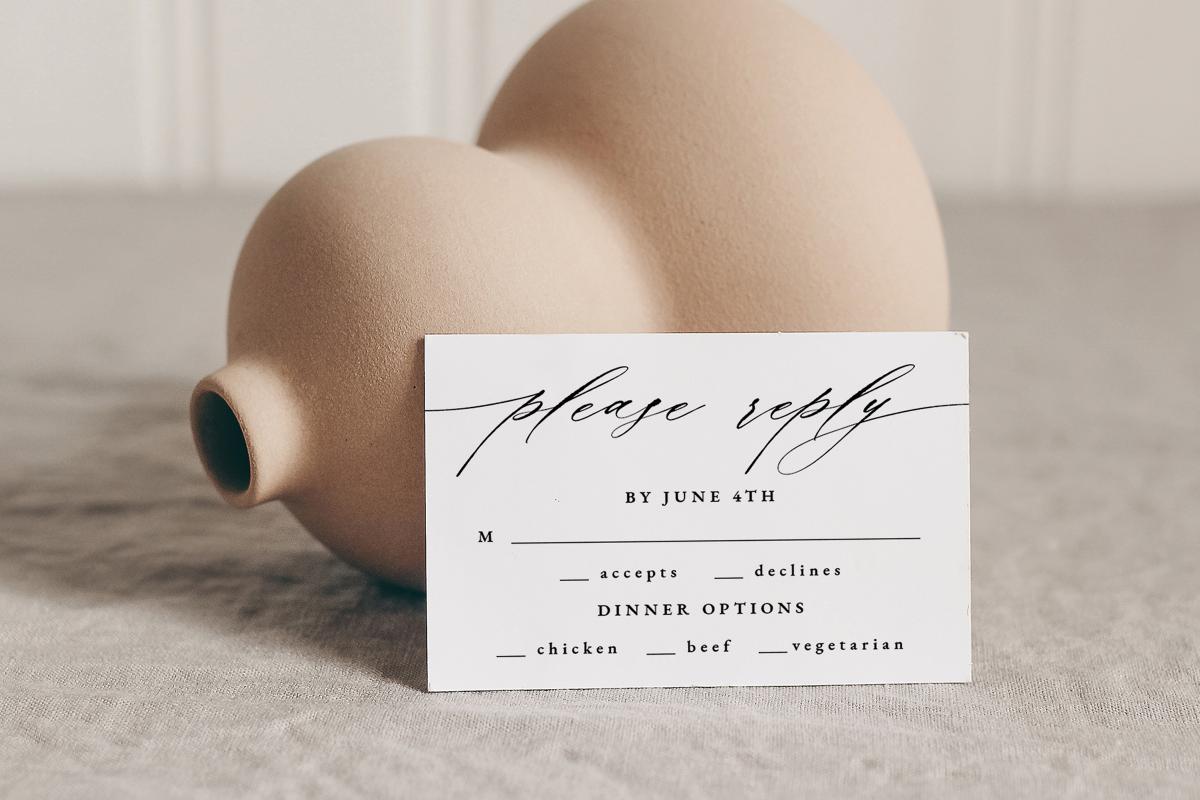

Events & Etiquette
How To Respond To A Dinner Invitation
Modified: February 24, 2024
Discover the best tips and etiquette for responding to a dinner invitation and ensure your event experience is a success. Get expert advice on events-etiquette now.
(Many of the links in this article redirect to a specific reviewed product. Your purchase of these products through affiliate links helps to generate commission for Storables.com, at no extra cost. Learn more)
Introduction
Attending events and social gatherings plays an important role in our personal and professional lives. From casual get-togethers to formal dinner parties, it’s essential to respond to invitations in a timely and polite manner. Not only does this show respect for the host’s efforts in planning the event, but it also ensures a smooth and enjoyable experience for everyone involved.
In this article, we will delve into the world of events etiquette and explore how to respond to a dinner invitation with grace and tact. Whether you’re a seasoned event-goer or someone who’s new to the social scene, these tips will equip you with the knowledge to navigate the invitation process effortlessly.
Remember, responding to an invitation is more than just replying with a simple “yes” or “no.” It involves considering various aspects such as RSVPing promptly, confirming attendance, declining politely, and much more. By following these guidelines, you’ll not only impress the host but also make a positive impression on your fellow guests.
So, let’s dive into the world of events etiquette and discover the proper way to respond to a dinner invitation!
Key Takeaways:
- Promptly RSVP to dinner invitations to show respect for the host’s efforts and help them plan effectively. Confirm attendance closer to the event to assist with final preparations and demonstrate consideration for the host’s preferences.
- Express gratitude to the host for their hospitality and efforts in organizing the dinner party. Offering to contribute and inquiring about dress code and dietary restrictions show thoughtfulness and enhance the overall experience.
Consider the Invitation
When you receive a dinner invitation, take a moment to carefully consider the details outlined in the invitation. Pay attention to the date, time, and location of the event. Evaluate your schedule to ensure that you are available to attend on the specified date and time.
You should also consider the type of dinner party being hosted. Is it a formal event or a casual gathering? This information will help you determine the appropriate attire, conversation topics, and overall atmosphere of the evening.
Additionally, consider the purpose of the dinner. Is it a celebration, a networking opportunity, or a chance to catch up with friends? Understanding the purpose will help you gauge your level of enthusiasm and engagement for the event.
By taking the time to consider the invitation, you can ensure that you respond appropriately and make an informed decision about attending the dinner.
RSVP Promptly
One of the most important aspects of responding to a dinner invitation is to RSVP promptly. The term “RSVP” stands for “répondez s’il vous plaît,” which is French for “please respond.”
As a courtesy to the host, it is essential to let them know whether you will be attending the dinner or not. RSVPing promptly allows the host to plan accordingly, such as arranging seating, preparing enough food and beverages, and making any necessary accommodations.
When you receive an invitation, check the RSVP deadline mentioned in the invitation. Aim to respond within a day or two of receiving the invitation, especially if the event is in the near future. This shows respect for the host and their efforts in organizing the dinner.
Responding promptly also allows the host to extend invitations to additional guests if there are any cancellations. By letting them know early on, you help them manage the guest list effectively.
There are various ways to RSVP, depending on the method specified in the invitation. Some common methods include replying via email, phone call, or by filling out an online form. Choose the method that is most convenient for you but be sure to follow the instructions given in the invitation.
When RSVPing, be clear and concise in your response. If you can attend, express your gratitude for the invitation and confirm your attendance. For example, you could say, “Thank you for inviting me to your dinner party. I would be delighted to attend.”
If you are unable to attend, it is equally important to inform the host in a timely and courteous manner. Express your regrets and provide a brief explanation for your absence. For instance, you could say, “I regretfully will not be able to attend your dinner as I already have a prior commitment.”
Remember, RSVPing promptly is not only considered good manners, but it also helps the host plan a successful and enjoyable dinner party.
Confirm Attendance
Once you have RSVPed and confirmed your intention to attend the dinner, it is important to follow up with a confirmation closer to the event date. This step ensures that the host has an accurate guest count and can finalize their preparations.
A day or two before the dinner, reach out to the host to confirm your attendance. This can be done through a simple phone call, text message, or email. Express your excitement about attending the dinner and let the host know that you are still available to join the gathering.
Confirming your attendance not only reassures the host but also helps them in planning any last-minute details. They may need to adjust seating arrangements or make additional arrangements based on the final number of attendees.
When confirming your attendance, it’s also a good idea to inquire about any specific requests or guidelines the host may have. For example, they may have a particular dress code or request that guests arrive at a specific time. By asking these questions, you demonstrate your consideration for the host’s preferences and ensure that you are prepared for the event.
Remember to express your appreciation to the host once again for extending the invitation. This small gesture goes a long way in showing gratitude and building positive relationships.
By confirming your attendance, you not only assist the host in their preparations but also make them feel valued and respected. It contributes to a seamless and enjoyable dinner party experience for everyone involved.
Decline Politely
There may be occasions when you are unable to attend a dinner party despite your initial intention or desire. In such cases, it is important to decline the invitation politely and promptly.
When declining, be honest about your reasons for not being able to attend. Whether it’s a scheduling conflict, a prior commitment, or any other valid reason, be transparent with the host. This not only shows respect but also helps them understand your situation.
Express your gratitude for the invitation and apologize for any inconvenience caused by your absence. For example, you could say, “Thank you so much for inviting me to your dinner party. Unfortunately, I have a conflicting engagement on that evening, and I won’t be able to attend. I apologize for any inconvenience this may cause.”
You may also consider offering a brief explanation if you feel comfortable doing so. However, avoid going into unnecessary detail or making excuses. Keep your response concise and focused on expressing your regrets.
It’s important to note that declining an invitation should not be seen as a reflection on the host or the event itself. Be sure to convey your appreciation for their thoughtfulness in inviting you and express your regret sincerely.
If you have a close relationship with the host, you may consider offering an alternative arrangement to show that you still value spending time with them. You could suggest meeting for coffee or dinner on another day to catch up. This gesture demonstrates your willingness to make alternative plans and maintain the connection.
Remember, declining an invitation politely is not only considerate but also helps the host make necessary adjustments to their plans. It is always better to decline with honesty and empathy rather than attending with a lack of enthusiasm or canceling last minute.
By declining politely, you maintain positive relationships and respect the efforts of the host in hosting the dinner party.
Read more: How To Cancel A Dinner Invitation
Offer Alternative Dates
If you are unable to attend a dinner party on the specific date mentioned in the invitation, it is thoughtful to consider offering alternative dates to the host. This shows your willingness to participate and ensures that you don’t miss out on the opportunity to spend time together.
When offering alternative dates, be flexible and considerate of the host’s schedule. Take into account their availability and any potential conflicts they may have. Keep in mind that they may have organized the dinner party on a specific date for a reason, so suggest alternative options that are feasible for both parties.
You can reach out to the host and express your desire to attend their dinner party. Apologize for not being available on the specified date and kindly inquire if there is a possibility to reschedule. For example, you could say, “I am so sorry that I won’t be able to make it to your dinner party on [date]. Is there any chance we could explore alternative dates? I would love to be a part of the gathering.”
When suggesting alternative dates, offer a few options that work well for you. This gives the host some flexibility in choosing a new date. It’s helpful to propose dates that are within a reasonable timeframe and provide enough time for them to adjust their plans accordingly.
Additionally, be considerate of any upcoming events or commitments the host might have. Avoid suggesting dates that are too close to other significant events or during busy periods for them.
With open communication and a willingness to find a suitable time, you can work together with the host to find an alternative date that accommodates both of your schedules. This demonstrates your commitment to attending the dinner party and maintains a positive connection with the host.
Remember, offering alternative dates shows your enthusiasm and commitment to spending time with the host, even if it’s not on the original date.
When responding to a dinner invitation, be sure to reply promptly, express gratitude, and confirm your attendance or politely decline with a valid reason.
Inquire About Dress Code
When responding to a dinner invitation, one important aspect to consider is the dress code. Different events may have specific dress requirements, ranging from formal attire to casual dress. To ensure that you are appropriately dressed for the occasion, it is perfectly acceptable to inquire about the dress code.
When reaching out to the host to confirm your attendance, kindly ask about the dress code for the dinner. This can be done through a simple message or conversation. For example, you could say, “I’m looking forward to the dinner party! Could you please let me know the dress code so that I can dress accordingly?”
Inquiring about the dress code not only helps you avoid being underdressed or overdressed, but also shows respect for the host’s wishes and the overall ambiance they are trying to create. It ensures that you blend in with the other guests and contribute to the overall atmosphere of the event.
The dress code can vary depending on various factors, such as the formality of the occasion, the theme of the dinner, or the preferences of the host. It’s always better to seek clarification rather than making assumptions about the appropriate attire.
Once you receive information about the dress code, follow it accordingly. If the event is more formal, consider wearing a suit or a cocktail dress. For a casual gathering, opt for smart casual attire. If the dinner has a specific theme, you may need to get creative and incorporate elements that align with the theme.
Remember, dressing appropriately shows your consideration and respect for the host and the event. It ensures that you feel comfortable and confident throughout the evening and contributes to a cohesive and enjoyable experience for everyone involved.
By inquiring about the dress code, you demonstrate your attentiveness to the details of the invitation and your commitment to being a respectful and well-prepared guest.
Ask About Dietary Restrictions
When responding to a dinner invitation, it is considerate to inquire about any dietary restrictions or food allergies that the host or other guests may have. This ensures that everyone can enjoy the meal and accommodates individual needs and preferences.
If you have specific dietary restrictions yourself, it is essential to inform the host when you RSVP. This gives them the opportunity to plan the menu accordingly and ensure that there are suitable options available for you.
Additionally, it’s a good practice to ask the host if there are any dietary restrictions or preferences that you should be aware of. This allows you to be mindful of others’ needs and helps the host in planning a diverse and inclusive menu.
Inquiring about dietary restrictions can be done through a polite message or conversation with the host. For example, you could say, “I’m really excited to attend your dinner party! I just wanted to check if there are any dietary restrictions or food allergies that I need to be aware of.”
By asking about dietary restrictions, you show consideration and respect for the host and other guests. It allows the host to prepare dishes that cater to various dietary needs and ensures that everyone can fully enjoy the meal.
When providing information about your own dietary restrictions or allergies, be clear and specific about what you can and cannot consume. If you have any preferences or alternative options that work well for you, you can mention them as well.
Keep in mind that the host may not be able to accommodate every dietary restriction or preference due to various limitations. In such cases, it’s important to be understanding and appreciative of their efforts to make the dinner as inclusive as possible.
Remember, asking about dietary restrictions fosters a welcoming and inclusive atmosphere at the dinner party. It demonstrates your thoughtfulness and ensures that everyone can enjoy the meal together.
Confirm Arrival Time
As you prepare to attend a dinner party, it is important to confirm the designated arrival time with the host. This ensures that you arrive punctually and allows the host to plan the evening accordingly.
When you confirm your attendance to the dinner party, it is a good practice to inquire about the recommended arrival time. You can reach out to the host and ask, “What time would you like guests to arrive for the dinner party?”
By asking about the arrival time, you demonstrate your respect for the host’s schedule and help them manage their preparations effectively.
Once you receive the confirmed arrival time, make a note of it in your calendar or set a reminder. Plan your day accordingly to ensure that you have enough time to get ready and arrive at the designated time.
Arriving on time is crucial as it allows the host to smoothly transition from the preparation phase to the actual dinner. It also shows your consideration for the other guests who have made an effort to arrive promptly.
If, for any unforeseen circumstances, you realize you may be running late, it’s important to inform the host in advance. Communicate your estimated arrival time and apologize for the delay. By doing so, you give the host an opportunity to adjust their plans accordingly.
Remember, punctuality is highly valued in social settings, and confirming the arrival time helps you maintain a positive impression and contribute to the overall success of the dinner party.
By confirming the arrival time, you display respect for the host’s schedule and make the evening more enjoyable for everyone involved.
Read more: How To Accept A Dinner Invitation
Offer to Contribute
When responding to a dinner invitation, it’s always appreciated to offer to contribute in some way. This gesture not only shows your appreciation for the invitation but also relieves some of the responsibilities from the host’s shoulders.
There are various ways you can offer to contribute, depending on your abilities and the nature of the dinner party. Here are a few suggestions:
- Bring a dish: If the dinner is a potluck or a casual gathering, offer to bring a dish or a specific item that complements the meal. Coordinate with the host to ensure that your contribution fits well with the overall menu.
- Assist with setup and decorations: Offer your help in setting up the dining area, arranging tables, or decorating the space. This not only eases the host’s workload but also allows you to actively participate in the preparations.
- Contribute beverages: If the dinner involves alcoholic or non-alcoholic beverages, offer to bring a selection of drinks that align with the preferences of the host and other guests.
- Share your skills: If you have a particular talent or hobby that could add value to the dinner party, offer to share it with the host and other guests. This could be playing live music, creating a small art display, or even leading an engaging conversation or activity.
- Offer your help during the event: While the host may have everything well-organized, offer your assistance during the dinner if needed. This could include helping with serving the food, refilling drinks, or tidying up after the meal.
When offering to contribute, be genuine and considerate of the host’s preferences and the overall theme of the dinner. Understand that the host may decline your offer, especially if they have already made all the necessary arrangements. In such cases, graciously accept their decision and express your gratitude for their consideration.
Remember, offering to contribute demonstrates your willingness to be an active participant in the dinner party and shows your gratitude to the host for their invitation. It fosters a sense of togetherness and creates an atmosphere of collaboration.
By offering to contribute, you not only lighten the host’s load but also contribute to the success of the dinner party.
Thank the Host
As the dinner party comes to an end, it is important to express your gratitude and appreciation to the host for their efforts in organizing and hosting the event. A simple thank you goes a long way in showing your appreciation and leaves a positive lasting impression.
When saying thank you to the host, be genuine and specific in your appreciation. Reflect on the aspects of the evening that you enjoyed and highlight them in your message or conversation. For example, you could say, “Thank you so much for hosting such a wonderful dinner party. The food was absolutely delicious, and the ambiance was delightful. I truly had an amazing time.”
It is also thoughtful to express appreciation for any specific details or touches that the host put into the event. This could include their hospitality, the choice of music, the decorations, or any other elements that stood out to you. Acknowledging these details shows that you noticed and appreciated their efforts.
Remember to mention the efforts the host took to make everyone feel welcomed and comfortable. This could involve their warmth in greeting guests, their attentiveness in ensuring everyone’s needs were met, or the overall hospitality they provided throughout the evening.
In addition to expressing your gratitude, consider sending a handwritten thank you note or a small token of appreciation after the dinner party. This gesture adds an extra touch of thoughtfulness and allows you to convey your appreciation in a more tangible way.
Finally, don’t forget to follow up with the host after the event to express your gratitude once again. A simple message or phone call to say thank you and show your appreciation for their efforts will leave a lasting positive impression.
Remember, expressing your gratitude to the host is not only a courteous gesture but also strengthens your relationship and demonstrates your respect and appreciation for their hospitality.
By thanking the host, you create a positive and memorable experience for both the host and yourself, fostering a sense of gratitude and fostering strong social connections.
Conclusion
Responding to a dinner invitation is more than just a simple RSVP. It is an opportunity to showcase your etiquette, thoughtfulness, and appreciation for the host’s efforts. By following the guidelines outlined in this article, you can navigate the invitation process with grace and tact.
Consider the invitation details and evaluate your availability and interest in attending the event. RSVP promptly, confirming your attendance or politely declining in a timely manner. Offer alternative dates if you are unable to attend on the specified day, demonstrating your willingness to make alternative arrangements.
Inquire about the dress code and ask about any dietary restrictions or food allergies to ensure that everyone can fully enjoy the meal. Confirm the arrival time with the host and offer to contribute in some way, whether it’s bringing a dish, assisting with setup, or sharing your skills and talents.
Above all, express your gratitude and appreciation to the host for extending the invitation. Thank them for their efforts in organizing the dinner party and creating a memorable experience. A small gesture of thanks can leave a lasting positive impression.
By incorporating these practices into your responses to dinner invitations, you not only show respect for the host’s efforts but also contribute to a pleasant and enjoyable experience for all guests involved. Building and maintaining strong social connections through proper etiquette fosters meaningful relationships and enriches our personal and professional lives.
So the next time you receive a dinner invitation, remember to respond with grace, thoughtfulness, and appreciation. Happy dining!
Frequently Asked Questions about How To Respond To A Dinner Invitation
Was this page helpful?
At Storables.com, we guarantee accurate and reliable information. Our content, validated by Expert Board Contributors, is crafted following stringent Editorial Policies. We're committed to providing you with well-researched, expert-backed insights for all your informational needs.
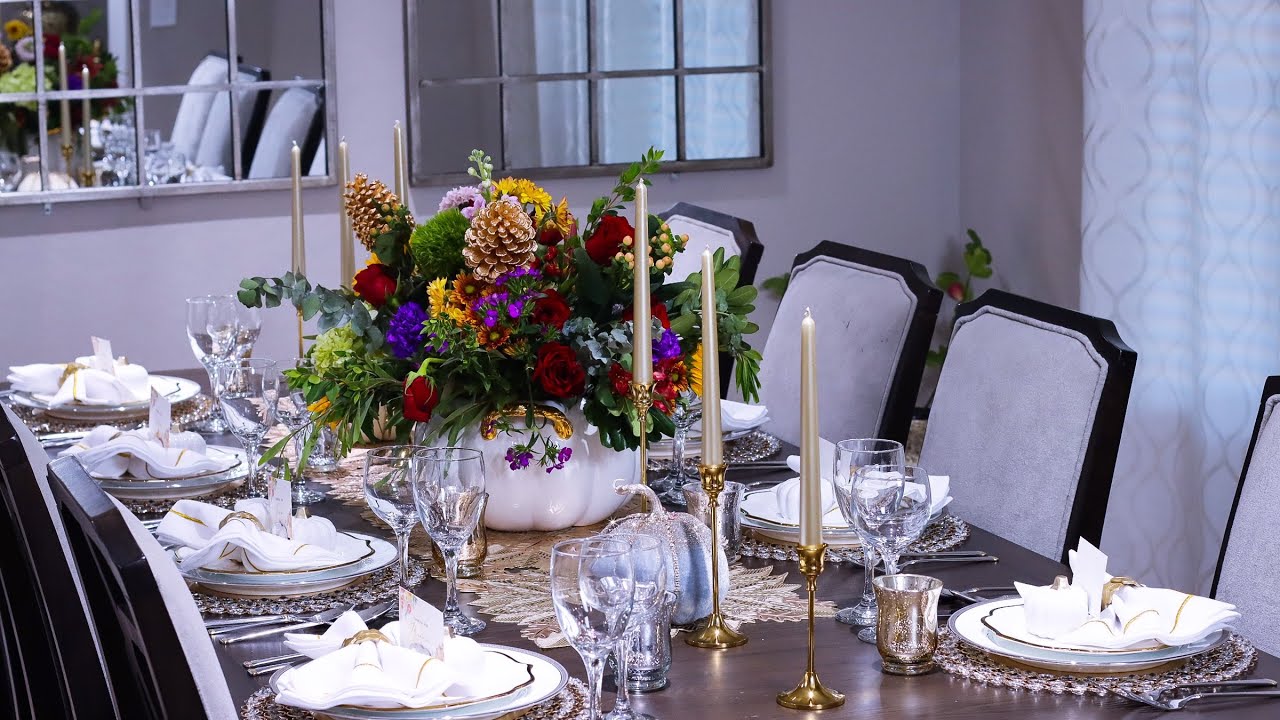

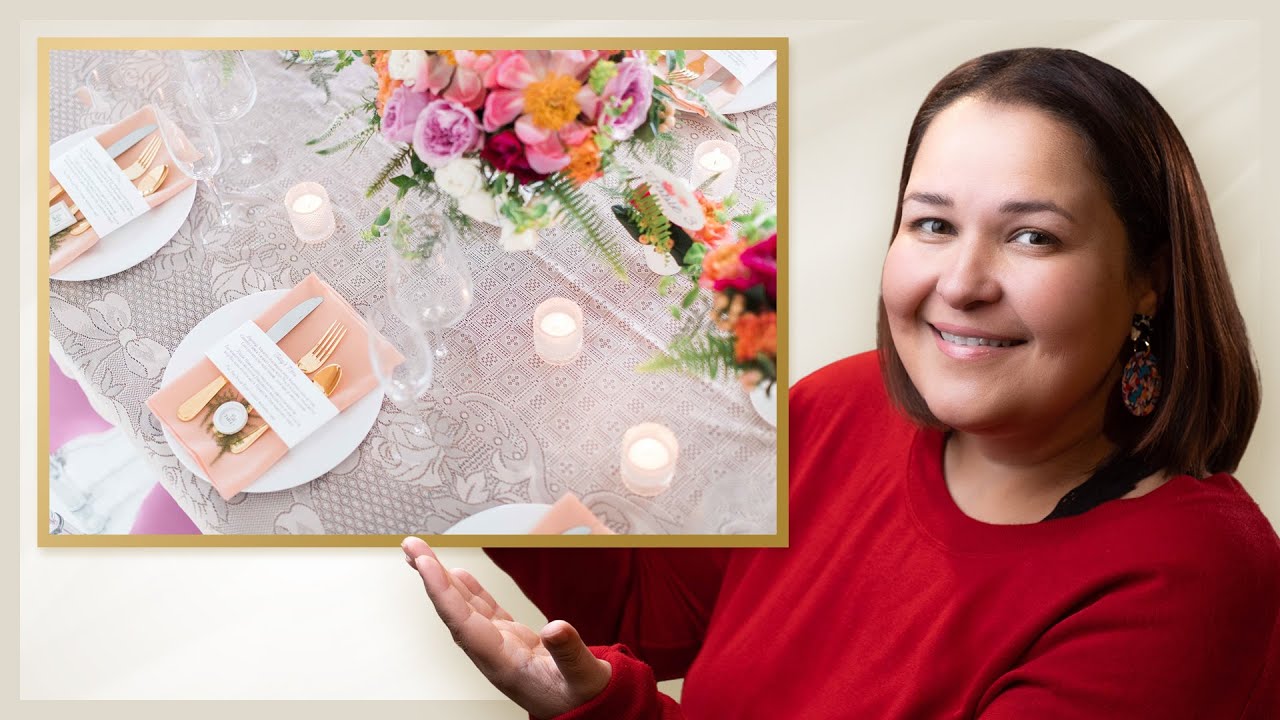
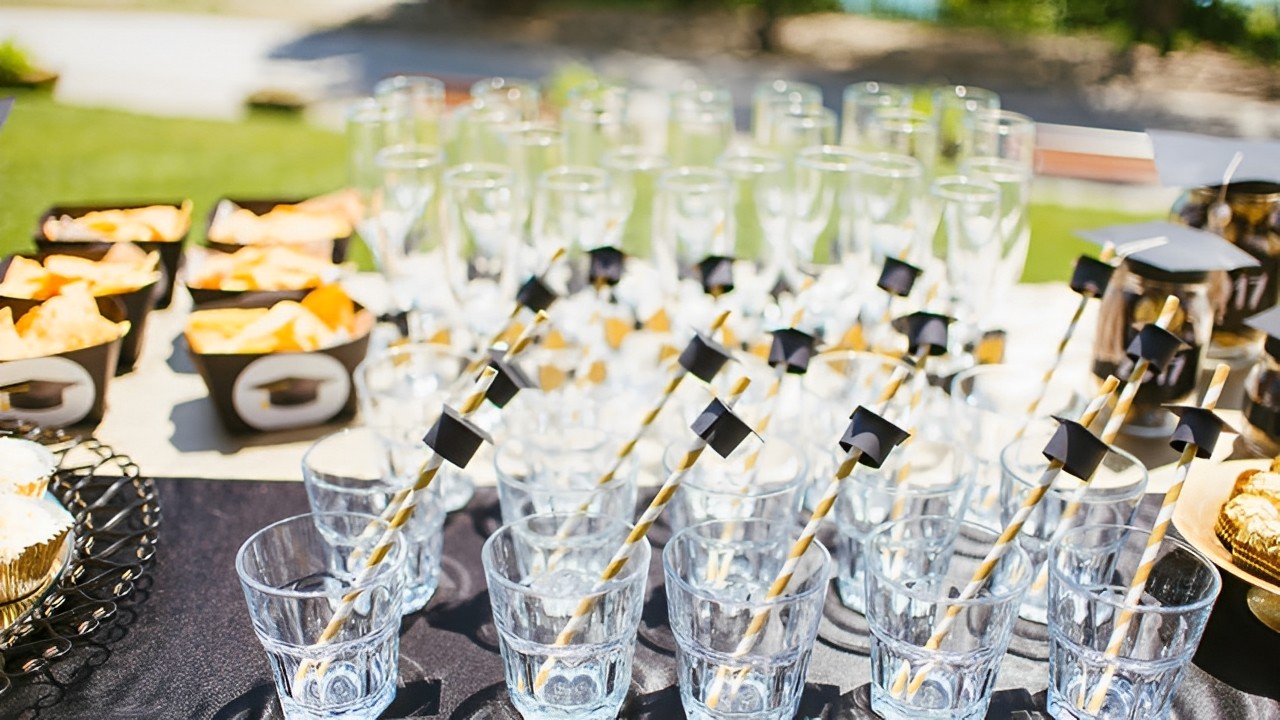

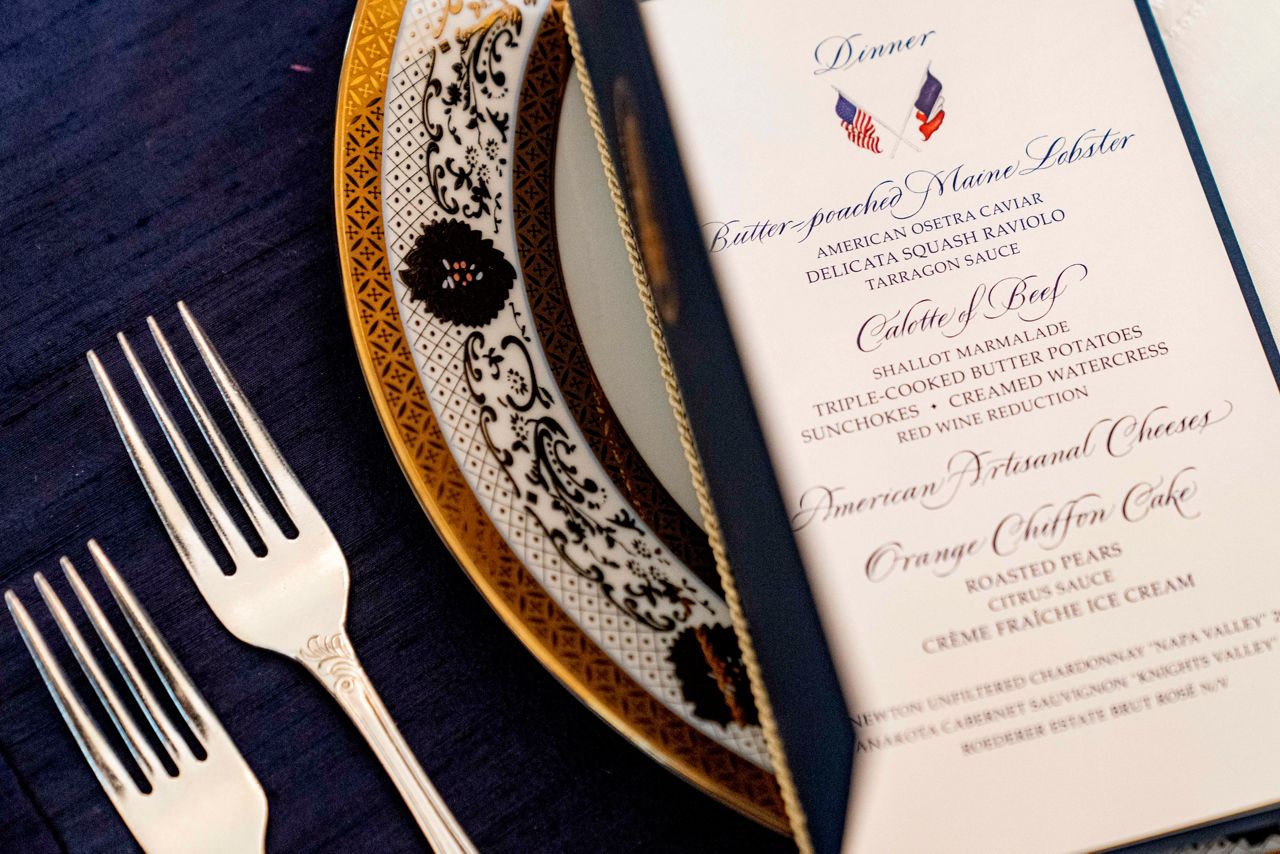


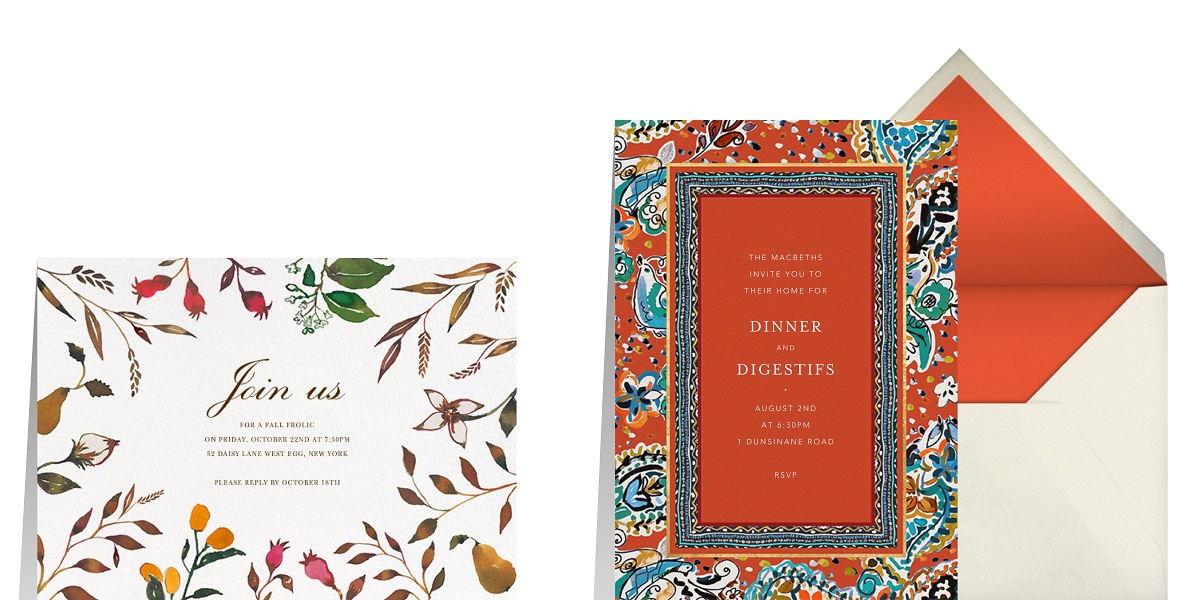


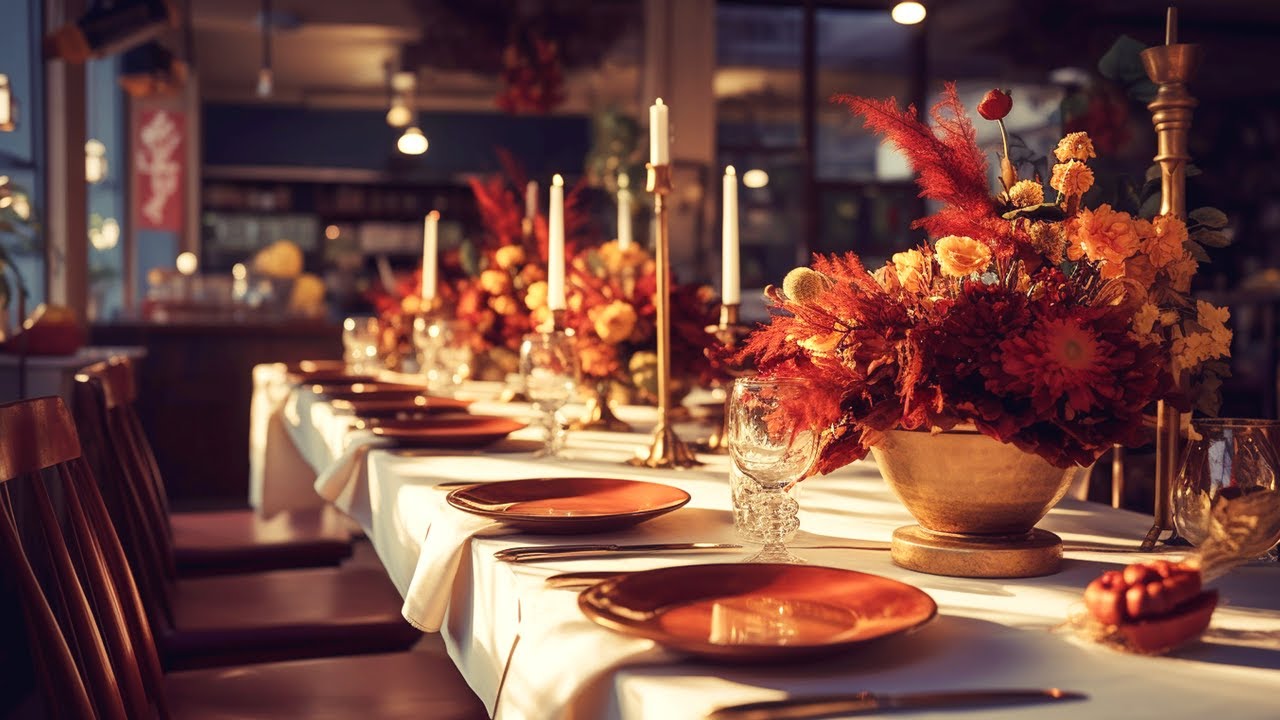


0 thoughts on “How To Respond To A Dinner Invitation”